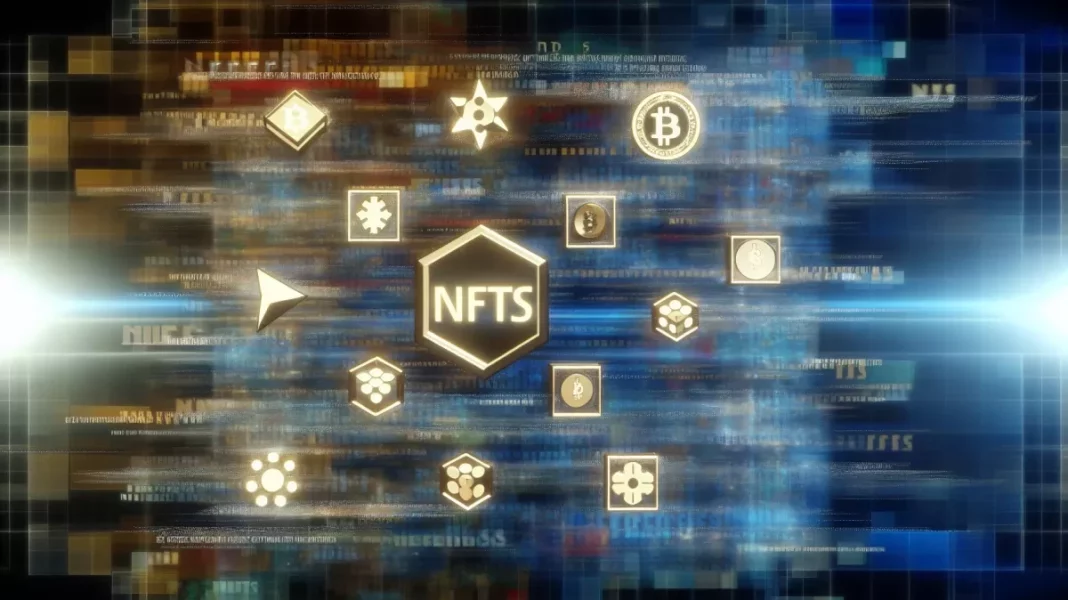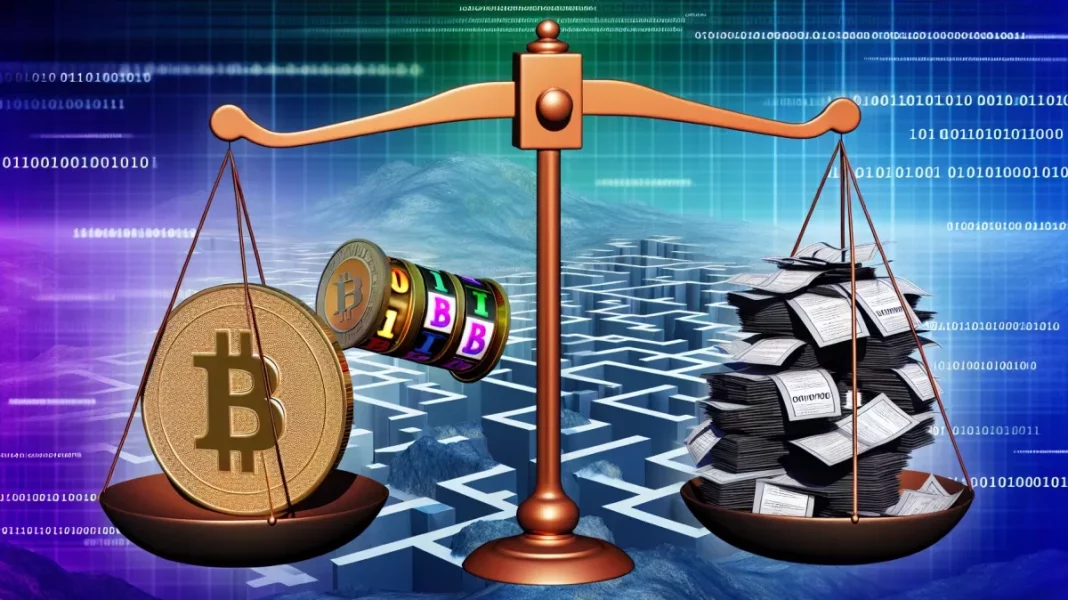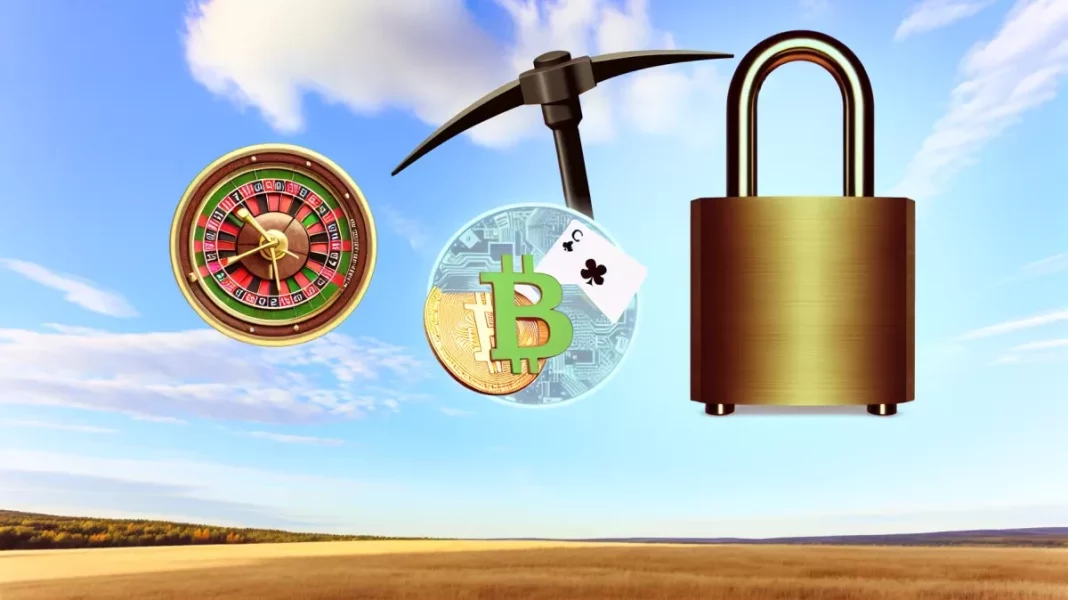In the ever-evolving landscape of online betting and gaming, the integration of cryptocurrency and blockchain technology has blazed a new trail for enthusiasts and investors alike. At the forefront of this digital revolution is Bitcoin – not just a currency, but a phenomenon that has reshaped the perception of money, online security, and now, online gambling. With the recent advent of Non-Fungible Tokens (NFTs), the Bitcoin gambling ecosystem is on the cusp of another transformative wave, as it begins to merge the thrill of gaming with the burgeoning world of digital collectibles and tokenized assets.
NFTs, or Non-Fungible Tokens, are unique digital assets verified using blockchain technology – the same technology that underlies cryptocurrencies like Bitcoin. Unlike traditional currencies or even standard cryptocurrencies, each NFT is distinct, with its value derived from its uniqueness and the specific attributes it carries. This distinctiveness has thrust NFTs into various sectors, including arts, real estate, and notably, gaming.
Within the Bitcoin gambling industry, NFTs are not just another passing trend. They symbolize a seismic shift in how gamers interact with online platforms, offering more than just a cryptocurrency wager – they are a gateway to owning a part of the game itself. Tokenized assets in the gaming universe range from in-game items and collectibles to skins and even virtual real estate, which can all be traded, collected, and gambled over in a secure and transparent manner.
One striking application of NFTs in Bitcoin gambling is the emergence of “Provably Fair” games. Historically, players have had to trust that online casinos are conducting games fairly. With the integration of blockchain, this trust is replaced by a verifiable, immutable ledger of transactions and game outcomes. Each bet, win, or loss can be tracked and verified directly on the blockchain, which inherently incorporates NFTs to represent game items or stakes, ensuring the authenticity and fairness of the game.
Further intriguing developments rest on the concept of becoming a casino shareholder through the acquisition of tokenized assets. Players can now purchase NFTs representing a share of the casino’s earnings. This not only entitles them to a potential slice of the profits but also grants a measure of influence over the casino’s operations, effectively decentralizing the ownership and management of the online gambling platforms themselves.
But the merger of NFTs with Bitcoin gambling does not stop at tokenizing traditional practices. Innovative platforms leverage these digital tokens to create entirely new gaming experiences. For example, imagine a digital world, reminiscent of role-playing games, where players can build, own, and monetize their gaming experiences using Bitcoin and NFTs. Here, each earned or purchased in-game item is a unique digital token, owned entirely by the player, with the freedom to be traded or sold in and outside of the game—potentially for substantial sums, as seen in some mainstream NFT sales.
The social aspect of gambling has also been enhanced by NFTs. In this new era, community events and exclusive clubs form around rare tokenized assets. Ownership of high-value or rare NFTs may grant access to private gaming rooms, special tournaments, or unique social experiences, cultivating an elite digital social status rooted in the Bitcoin gambling ecosystem.
As one dives deeper into the topic, it’s impossible to ignore the broader implications of NFTs in the world of Bitcoin gambling, such as the possibility of fractional ownership of high-stake bets or jackpots, increased interoperability between different gambling platforms, and the formation of a more robust secondary market for gambling-related digital assets.
This integration of NFTs into Bitcoin gambling opens up a myriad of questions about the future of gaming, financing, and digital ownership. Will tokenized assets become the norm in all forms of online betting and gaming? How will regulators react to these decentralized, blockchain-based models of ownership and profit-sharing? What new levels of player engagement, financial incentives, and game development innovation will emerge from this amalgamation?
While the answers to these questions will unfold in time, what remains certain is that the marriage of NFTs and Bitcoin gambling represents a potent mix of technology, finance, and entertainment. This uncharted digital frontier holds promise for those who are daring enough to navigate its complexities and harness the opportunities that lie within this tantalizing blend of tokens and wagers. As the echo of digital tokens clinking in the virtual realm grows louder, the Bitcoin gambling world is gearing up for a future where every card dealt, dice rolled, or slot spun is potentially a gateway to tokenized wealth and gaming glory.



